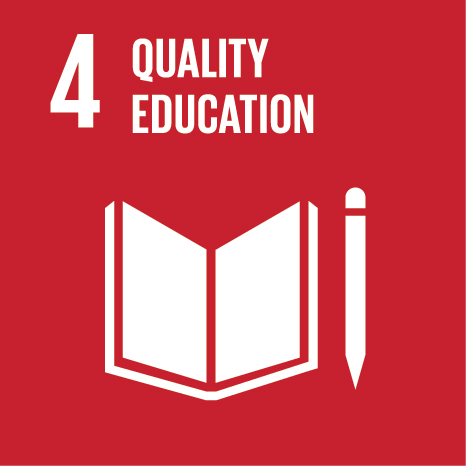 +265(0)111 624 222
+265(0)111 624 222 research@unima.ac.mw
research@unima.ac.mw Chirunga-Zomba, Malawi
Chirunga-Zomba, Malawi
Teaching the concept of zero in a Malawi primary school: illuminating the language and resource challenge
Abstract
AbstractIn this paper we discuss findings of a study that investigated the resources and language that teachers in Malawi use to teach the concept of zero. In Malawi primary schools, textual resources available to teachers are mainly the curriculum materials in the form of syllabus, teacher guides and learner textbooks. The syllabus and teacher guides are in English while the learner textbooks are in Chichewa as teaching is in Chichewa or other local language in the first 4 years of primary school. We used the Mediating Primary Mathematics framework (Venkat and Askew in Educ Stud Math 97:71–92, 2018) and a qualitative case study of two teachers to explore the resources used, how the teachers interacted with the resources and how they moved between the two languages. Our findings include that the language and resources that the teachers used provided affordances as well as constraints for learning the concept of zero. We identified two types of challenges for the teachers; that of naming and that of representing the concept of zero. We discuss what the Malawi context illuminates about teaching zero in post-colonial multilingual settings.
| Original language | en |
| Pages (from-to) | 627-639 |
| Volume | 55 |
| Issue number | 3 |
| Publication status | Published - 2023 |
UN SDGs
This research output contributes to the following United Nations (UN) Sustainable Development Goals (SDGs)

Funding
NORHEDUN SDGs
This research output contributes to the following United Nations (UN) Sustainable Development Goals (SDGs)

Funding
NORHEDUN SDGs
This research output contributes to the following United Nations (UN) Sustainable Development Goals (SDGs)

Funding
NORHED